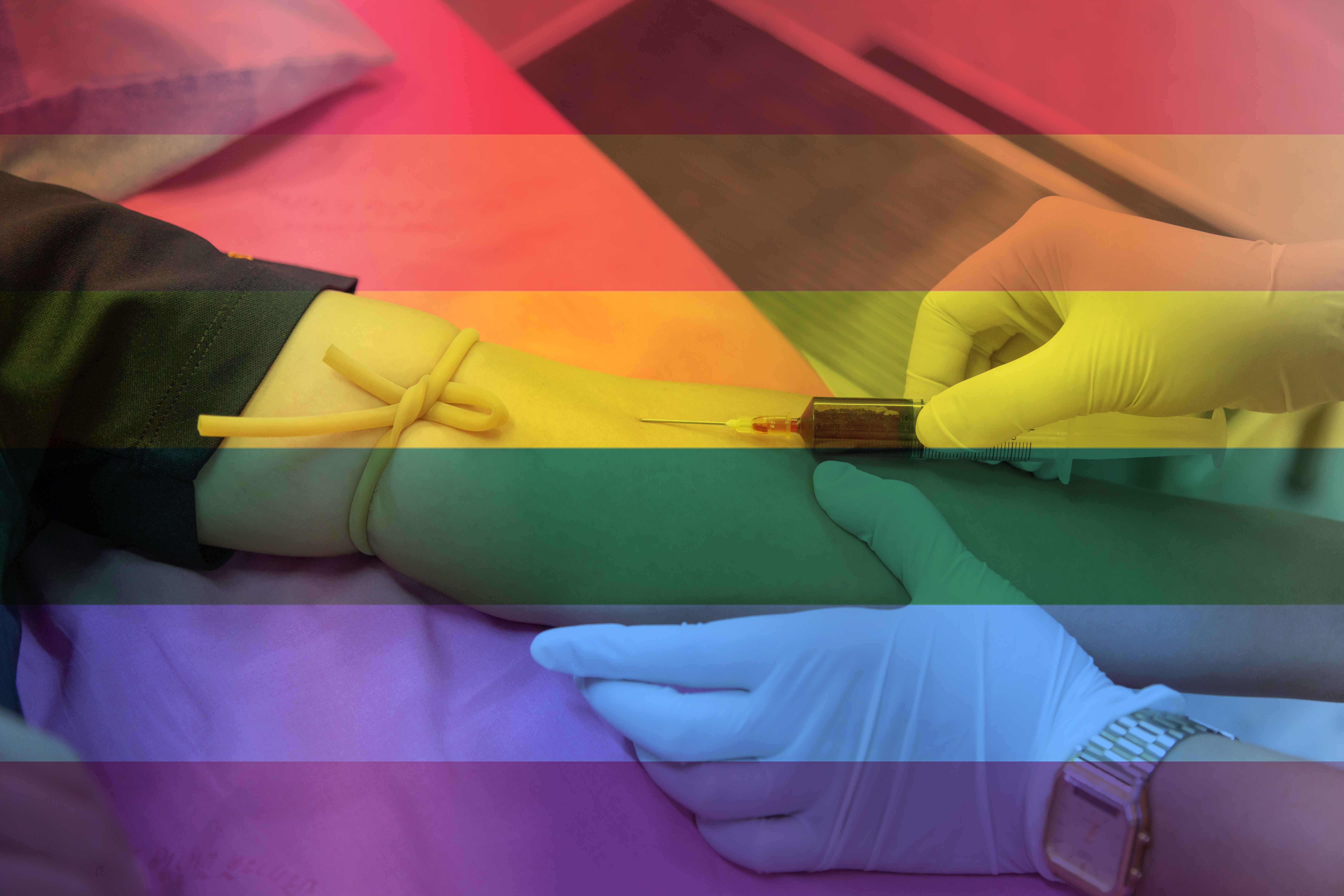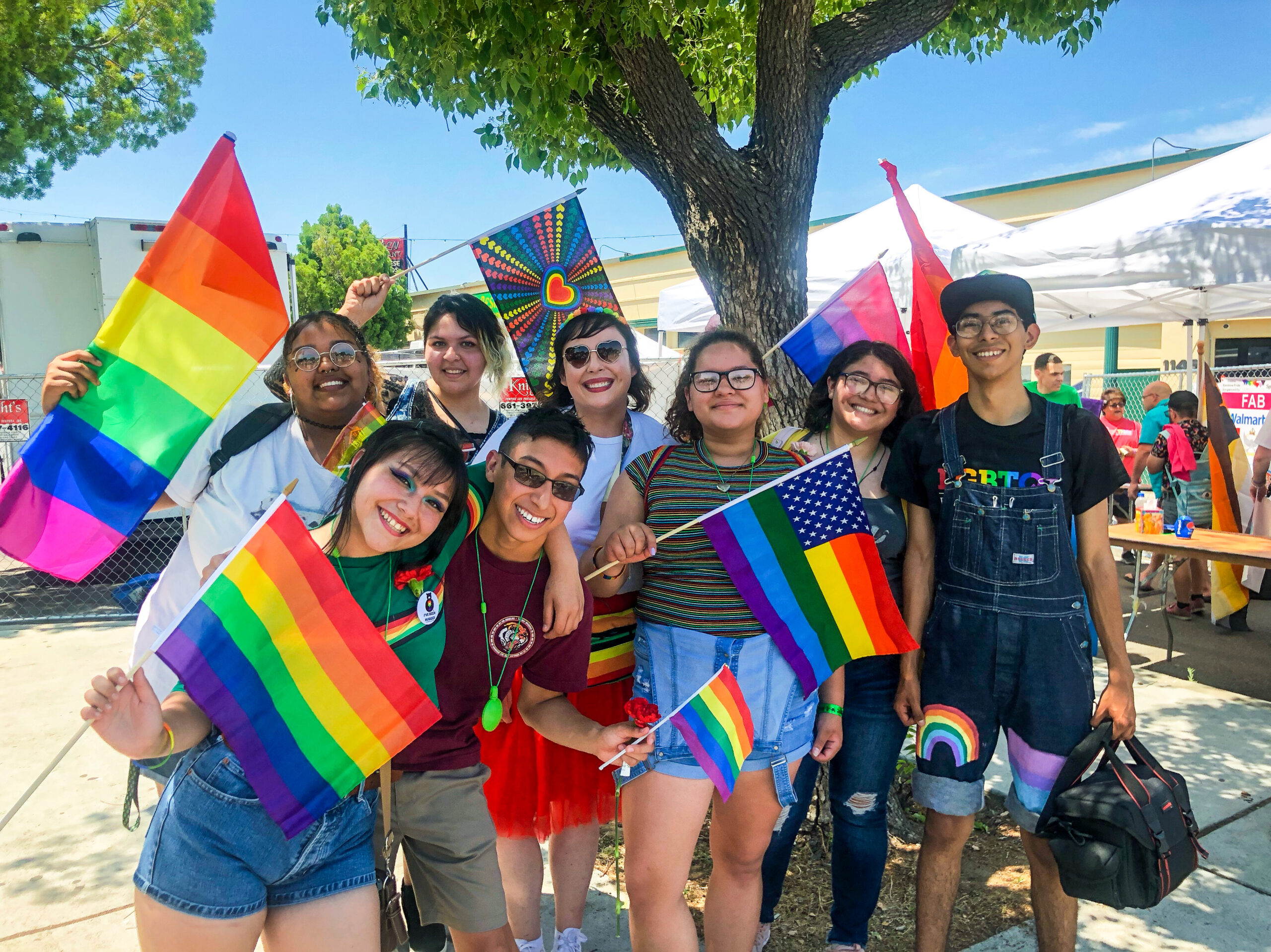
Imagine wanting to help those in need by donating blood, taking all the necessary steps to do just that, only to be told that you cannot give blood because of your sexuality.
Millions of gay and bisexual men, myself included, are not allowed to donate blood because of the men who have sex with men (MSM) policy.
Regulations against MSM serve as a step backwards in our fight for equality and greatly impact the already dwindling blood supply in the U.S.
There are many willing blood donors who are being turned away because of their orientation, and turning away eligible blood donors causes a shortage of much needed blood.
Giving gay and bisexual men the right to donate blood without conditions will bring us towards a future in which the LGBTQ+ community isn’t being seen as “dirty” and will give many people the blood they are being denied with this policy.
So, what is the legislation that defers MSM from donating blood?
The new regulation regarding MSM blood donation, according to the FDA, is that any man who has had sex with another man within the past 12 months are deferred from donating blood.
The regulations against these men were put in place because, they say, this group of people are most likely to contract HIV and AIDS.
Originally, the regulations called for a lifetime ban when they were implemented during the height of the AIDS epidemic in the 1980s because of the misinformation and mystery surrounding the contraction and demographics of HIV/AIDS. But with further scientific research on contraction and transmission, it changed to a one year deferral.
While the reasoning behind the original idea is sound, we are now at a point in which this thinking is outdated.
According to HIV InSite from the University of California San Francisco, “the risk in the U.S. of HIV-1 transmission through transfusion in 1995 was estimated to be between 1 in 450,000 and 1 in 660,000. By 2003, this estimated risk had decreased to between 1 in 1.4 million and 1 in 1.8 million units.”
While there was an initial problem with tainted blood being transfused, that shouldn’t even be considered in the argument anymore considering all blood donations go through screening for diseases such as HIV.
There is simply no longer any reason to continue stunting the collection of blood in America.
In November 2018, the American Red Cross sent out mass requests for blood and platelet donations because they received 21,000 fewer donations than required to fulfill hospital needs during the months of September and October.
This large gap between blood available and blood needed could easily be closed by granting MSM donors the right to give blood.
The MSM policies are frankly homophobic and have caused a large controversy regarding whether or not this policy is a violation of civil rights.
The Human Rights Campaign called the change from the lifetime ban to a year-long ban a “step in the right direction,” but said the new policy “still falls short of a fully acceptable solution because it continues to stigmatize gay and bisexual men.”
Even more shocking, the deferral also extends to trans men who have sex with men. The deferral isn’t based upon the biological standpoint of the risk groups of males having sex with males, but is based upon the pure basis of someone who identifies as a man who has sex with other men.
Outrage within the LGBTQ+ community reached new heights after the 2016 Pulse Nightclub shooting in Orlando, Florida, which resulted in the death and injury of over 50 LGBTQ+ people. After this tragedy, many gay and bisexual men wanted to donate blood to help their injured brothers and sisters who were hurt in the mass shooting, but they were turned away.
The end of the deferral for MSM donors would mark another needed step towards equal value in the eyes of the government.
We need to let it be known and shared that LGBTQ+ members will not be marginalized by our own government due to orientation and let it be known to the officials that we will no longer allow this discriminatory deferral.
The ending of this deferral is important because, in a day and age in which we claim to have equality for all types of people, it is flat out wrong to have a policy that is discriminatory.
As someone who is personally affected by this regulation, my outrage and resistance is valid and real, but not enough. Remember that at the end of the day, actions often mean more when they come from allies in position of power.
So as allies, speak up and support change.


